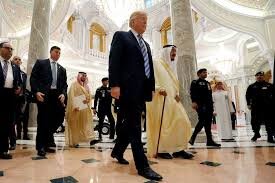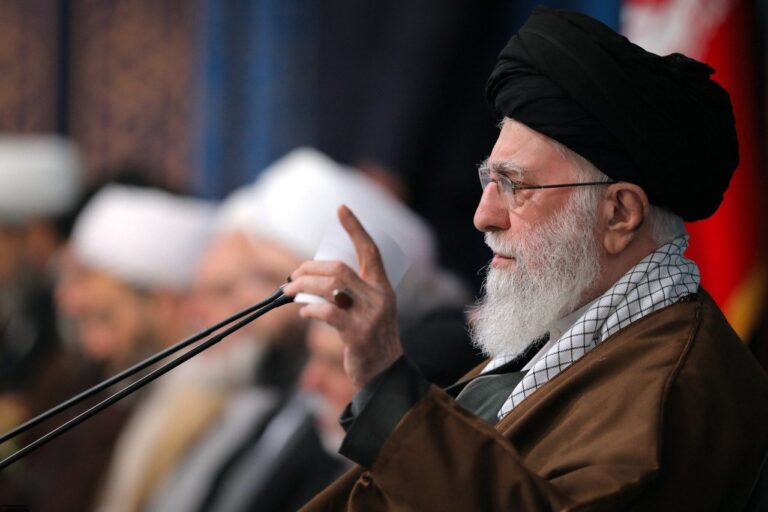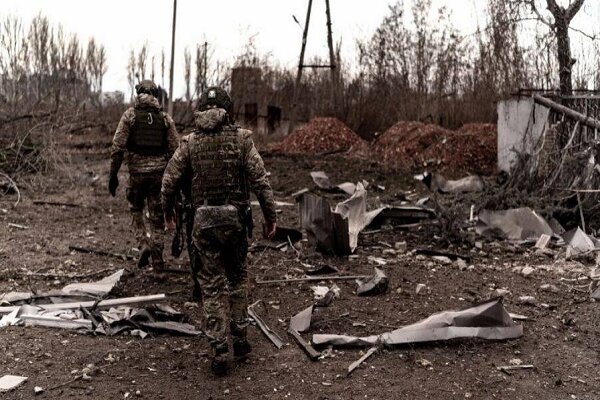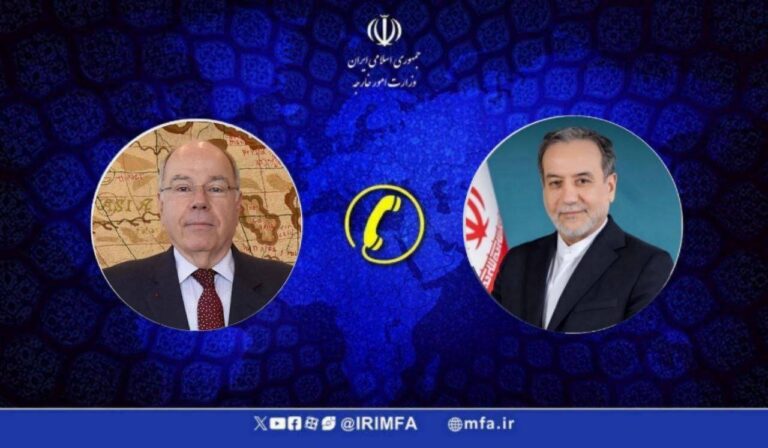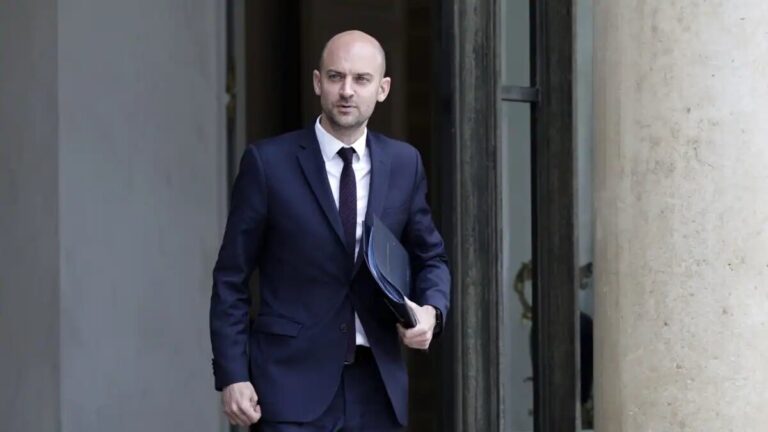Trump’s $1 Trillion Deal: Will It Unlock Elusive Saudi-Israel Relations?
As U.S. President Donald Trump prepares for his upcoming visit to Riyadh, the anticipation surrounding potential Saudi-Israel normalization discussions remains palpable. This visit, marked by lavish ceremonies and a promise of $1 trillion in investments, is shadowed by the ongoing conflict in Gaza, which complicates the aspirations for diplomatic advancement in the region.
Upon arriving in Saudi Arabia on Tuesday, President Trump will encounter not just grand palaces but also significant geopolitical challenges. The current war in Gaza has effectively obstructed one of his major objectives: fostering a normalization of relations between Saudi Arabia and Israel. Recent reports indicate that U.S. officials are actively urging Israel to implement an immediate ceasefire in Gaza. This measure is viewed as a crucial step for Saudi Arabia to consider resuming normalization talks, according to two sources from the Persian Gulf and a U.S. official, as reported by Reuters.
Steve Witkoff, Trump’s envoy to the Middle East, expressed optimism during a recent address at the Israeli embassy in Washington. He indicated that there could be imminent progress on the expansion of the Abraham Accords—a series of agreements facilitated by Trump during his first term, which saw several Arab nations, including the UAE, Bahrain, Sudan, and Morocco, officially recognize Israel.
In his remarks, Witkoff stated, “We think we will have some or a lot of announcements very, very shortly, which we hope will yield progress by next year.” His presence is expected alongside President Trump during the Middle Eastern visit, which adds weight to his statements.
- Abraham Accords: A diplomatic agreement that has reshaped relationships between Israel and various Arab countries.
- Ceasefire in Gaza: A critical condition for Saudi Arabia to engage in normalization talks with Israel.
- Opposition from Netanyahu: The Israeli Prime Minister’s resistance to halting the war complicates future discussions.
Despite these hopeful advances, the situation remains tenuous. The steadfast opposition from Israeli Prime Minister Benjamin Netanyahu regarding a permanent cessation of hostilities or the establishment of a Palestinian state casts a shadow over the potential for fruitful conversations with Riyadh. Two sources indicated that such resistance significantly diminishes the likelihood of progress in normalization talks.
In the broader context, the normalization of relations between Saudi Arabia and Israel could lead to transformative changes in Middle Eastern diplomacy. It could set a precedent for other nations in the region to follow suit, fostering a climate of cooperation and stability. However, the ongoing violence and humanitarian crisis in Gaza serve as a critical barrier to these aspirations.
The stakes are high for all parties involved. Saudi Arabia’s position as a leading Arab nation means that any agreements reached could have far-reaching implications for regional politics, security, and economic partnerships. The U.S. administration is keenly aware of this, which is why they are pushing for an immediate ceasefire—a crucial first step towards any potential normalization.
As President Trump embarks on this significant diplomatic mission, the world will be watching closely. The outcomes of his meetings in Riyadh could redefine relationships in the Middle East and impact global perceptions of U.S. foreign policy. The intertwining of investment opportunities and diplomatic relations underscores the complexity of the situation, where economic interests and geopolitical stability must find a balance.
In conclusion, while the prospect of Saudi-Israel normalization during Trump’s visit to Riyadh is enticing, it is overshadowed by the urgent need for peace in Gaza. The dynamics at play are intricate, with various stakeholders holding differing views on how to proceed. As the situation evolves, it remains to be seen whether a path forward can be found that satisfies all parties and promotes lasting peace in the region.
